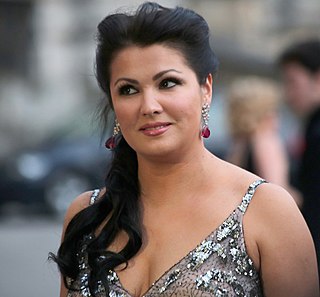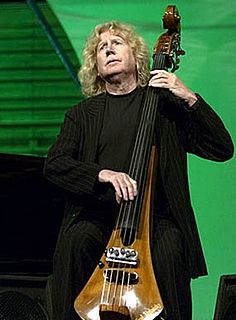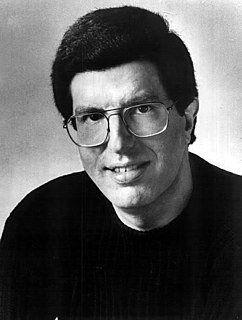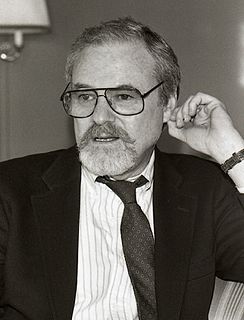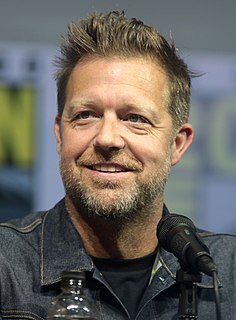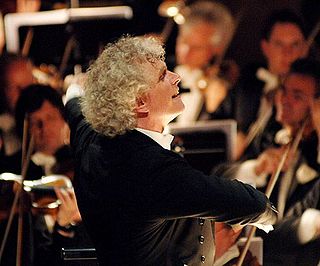A Quote by George Szell
Conductors must give unmistakable and suggestive signals to the orchestra - not choreography to the audience.
Quote Topics
Related Quotes
There are two types of conductors. One is the good conductor who can do passionate music but also listen to the singers and do the orchestra. And then there are great conductors, who have their own opinion on the music, who are ruling everything - and not listening much to the singers, but the orchestra play amazingly.

